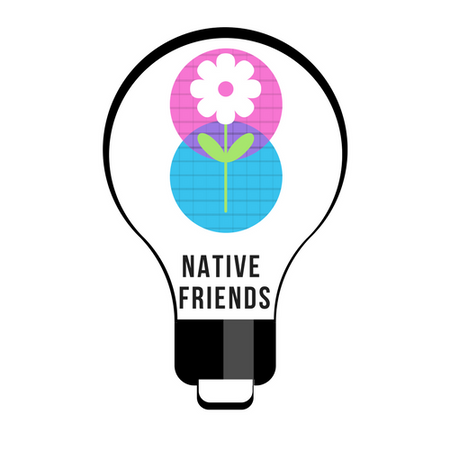
What does it mean to be a warrior and what traditions are carried on?
For this question, I asked for my dad's help. I grew up hearing him and our family talk about history. Yet, there was something in his background he did not share until later.
One day after elementary school, I came home and told my dad all the things I learned about the Vietnam War. I talked non-stop for 10 minutes.
My dad simply replied, "I know, I was there." He took his time, but he began to tell us more of his time there. Pretty soon, my four siblings and mom were huddled around listening to him. Some of it was sad, some of it was insightful and yes, I cried. My dad lets singles live. No matter if the shrieks from my older sister begged him to just get rid of it. He carefully has a newspaper and cup system to transplant them safely back outside. These memories play like background when my dad talks about the memories of war, either his personal experience or the Native people. It is with this foundation that I started understanding what war meant.
Yakama Warrior Outlook
Four years ago, when I started researching more about the Yakama War, I asked him about his role as a Veteran and viewpoint of the history of military fighting against Yakamas. He gave me his elder sideways head tilt that meant that he politely wanted me to get to the point. I asked, "Do you feel like you went to the other side? Or, did other Yakamas people judge you?" He shared some insights of history.
He said, "The U.S. Military joined us and the Yakamas that have protected this homeland since time immemorial."
At that moment, I could feel my eyes as big as pancakes. Oh my gosh, that is a brilliant outlook. A few months ago, I went to a small town in central Washington to talk about the Yakama War. I was unsure of how the message would be received. Afterward, a man came up to me. He said, "Your presentation and your dad's perspective about the military meant a lot to me, as a white man and also as a Veteran."
When we share this with you today, we come from a place of reflection of our history and our present.
Archie "Wiu'xun" Washines (U.S. Army, 1969-1971), in his own words.
I accompanied my wife Stella, Yakama Tribal Council, to east Spokane in 2013 to a commemoration to honor the many different tribal members that were involved in the Battle at Steptoe Butte. With Stella’s encouragement, I spoke to the audience to thank our Yakama Warriors Association for carrying the U.S., Tribal, State and M.I.A/P.O.W. flags and eagle staff and their service. I acknowledged all in attendance and thanked all fellow veterans: past, present and future. I remarked that the warrior spirit from that battle was present, for they saw this day of recognition. I concluded by reminding everyone that tribal members have a tradition of defending their homeland and their people and added that we veterans may have joined the military, but the U.S. Military also joined our efforts to uphold the tradition.

The true dynamic of conflict, and even any resolution, cannot truly be recognized, much less measured or judged. This can be stated for conflict within, or among, family, community, nations and globally. Our leaders of the Yakama Bands and Tribes were recognized through lineage and their abilities. It did not ease this responsibility to speak on our behalf when pressed into action through encroachment, but our people foresaw the outside influences and their impact because hunters and gatherers pay close attention to their environment. Part of that dynamic residing within Nation negotiating treaties and going to war here on Yakama lands continues today in daily life, politics and courtrooms.
When our tribal leaders were pressed to sign a treaty, the U.S. Government was also pressed to protect westward expansion during a time of division of the impending Civil War. Our leaders had to fully negotiate and our people had to live among a mindset of divided North and South. The soldiers, Indian Agents, other non-tribal inhabitants and those in the Territorial and U.S. Governments were on the verge of declaring their allegiance to a North or South cause while dealing with local conflict, the Yakama Wars.
In my view, the strength of our people and the Yakama Treaty benefited from the focus and resources relegated to the Civil War. By the same token, after the Civil War, the U.S. Government then made an example for no future failures involving tribal wars by defeating and displacing Chief Joseph and his tribe.
...and yet the Warrior Tradition continues...in us all.
Thank you for your time.
Did you find the Warrior Tradition insightful? If so, feel free to share by using the social media buttons.

1 comment
I like your blog. I put my email from work on here so I could share with co worker. Good job.
Deanna Jim-Juarez